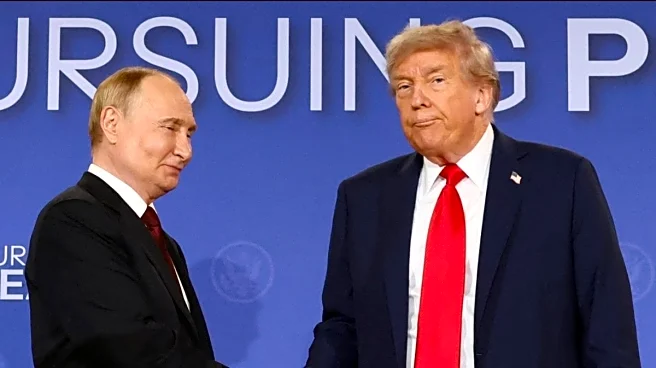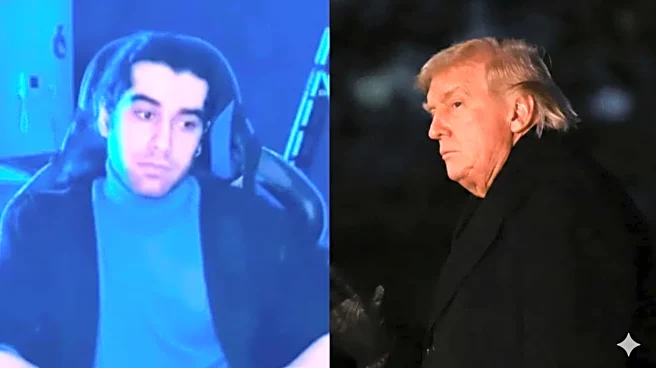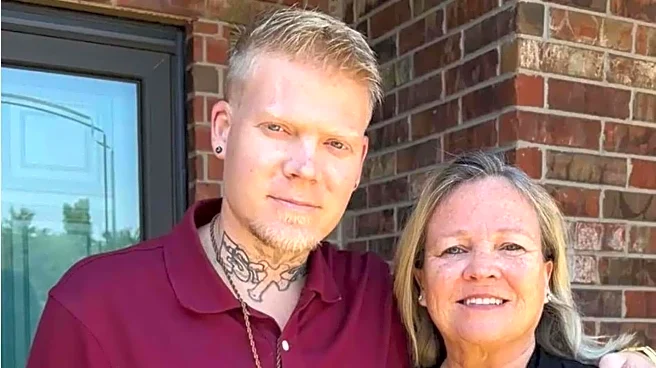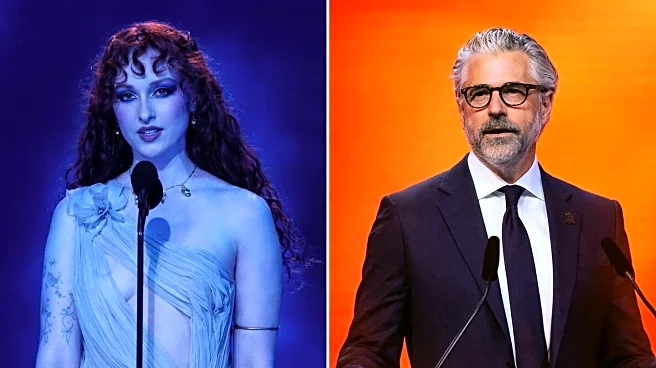The Kremlin said that “many” questions still needed to be resolved before Russian President Vladimir Putin and his US counterpart Donald Trump could hold their proposed face-to-face meeting. Kremlin spokesman
Dmitry Peskov said, “Foreign Minister [Sergei] Lavrov and Secretary of State [Marco] Rubio will begin working on this. There are many questions- negotiating teams need to be determined, and so on.” He added that the meeting “could indeed take place within two weeks or a little later,” but cautioned that “nothing should be put off.”
The remarks from Kremlin follow a two-and-a-half-hour phone call between the two leaders- a conversation Russian officials described as “positive, productive and held in an atmosphere of trust.”
According to the Kremlin, Donald Trump and Vladimir Putin discussed ways to end the war in Ukraine, now entering its fourth year since Russia’s full-scale invasion in 2022. Vladimir Putin reportedly suggested a face-to-face meeting in Budapest which Donald Trump later confirmed on social media, writing that it would aim to “see if we can bring this inglorious war to an end.”
Moscow reached out to Washington just as Ukrainian President Volodymyr Zelenskyy was flying to the United States to request Donald Trump’s approval for Tomahawk long-range cruise missiles, a potential game-changer for Kyiv’s embattled forces.
During the call, Vladimir Putin is said to have warned that arming Ukraine with Tomahawks would “not change the battlefield situation” but would deal a “serious blow” to US–Russia relations. The Russian leader also praised Donald Trump as a “peacemaker in the Middle East and beyond,” a reference to the US President’s role in brokering the recent Israel–Hamas ceasefire.
For Ukraine, the proposed Vladimir Putin–Donald Trump summit injects uncertainty into its diplomatic calculus. The Tomahawk, a precision-guided cruise missile with a range of over 1,500 km, would allow Ukraine to strike targets deep inside Russia- including strategic hubs near Moscow and St Petersburg. Kyiv views access to such weapons as essential to altering the war’s trajectory. However, Zelenskyy downplayed Kremlin’s move, saying Russia was “panicking” over the missile talks.










/images/ppid_a911dc6a-image-177070323503719687.webp)

/images/ppid_59c68470-image-177070271785359640.webp)

/images/ppid_59c68470-image-177070275456679704.webp)